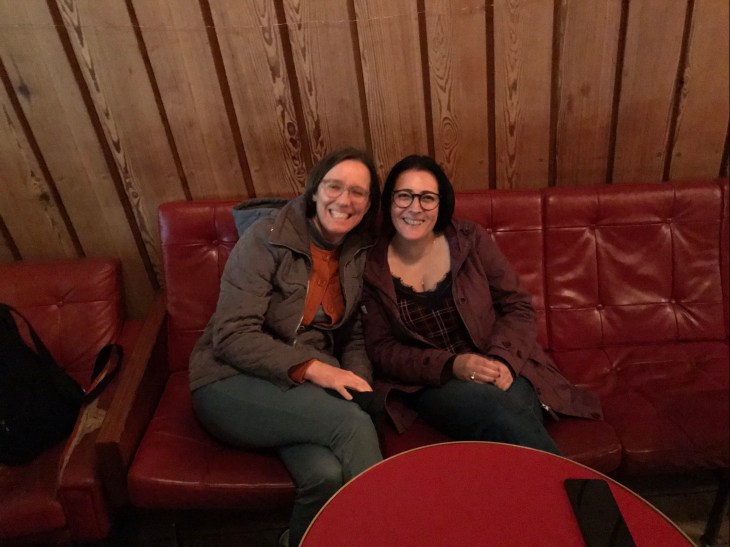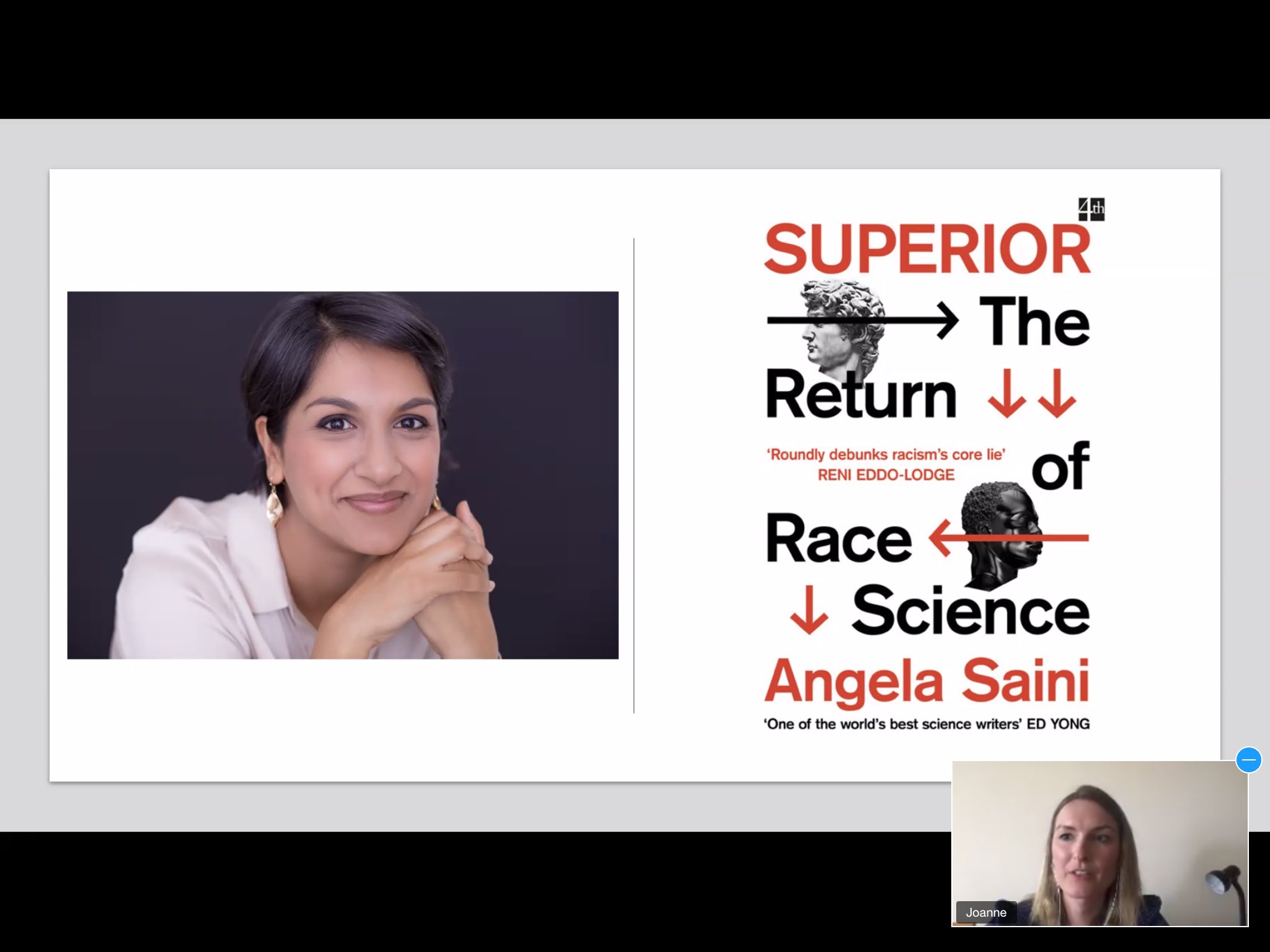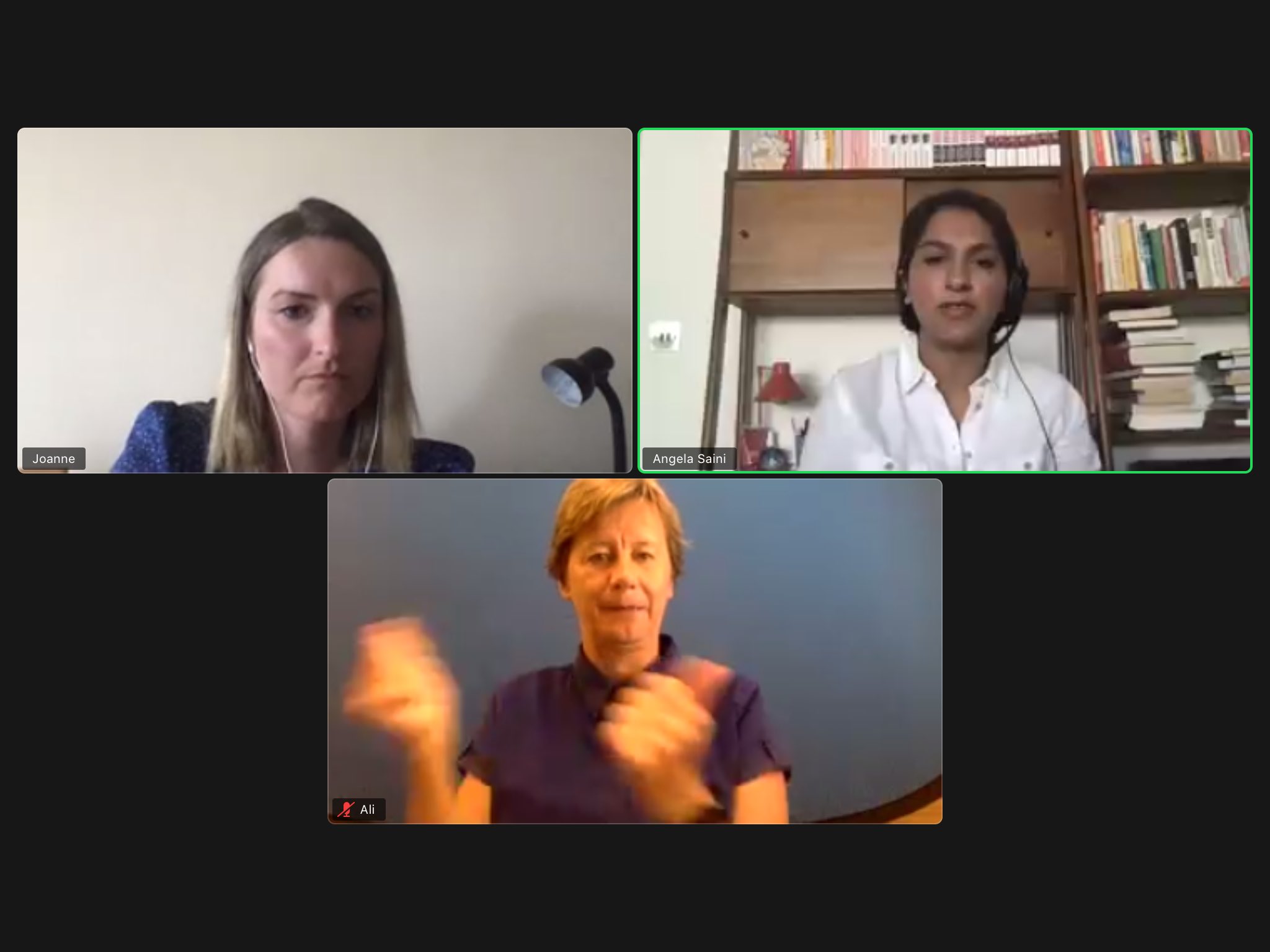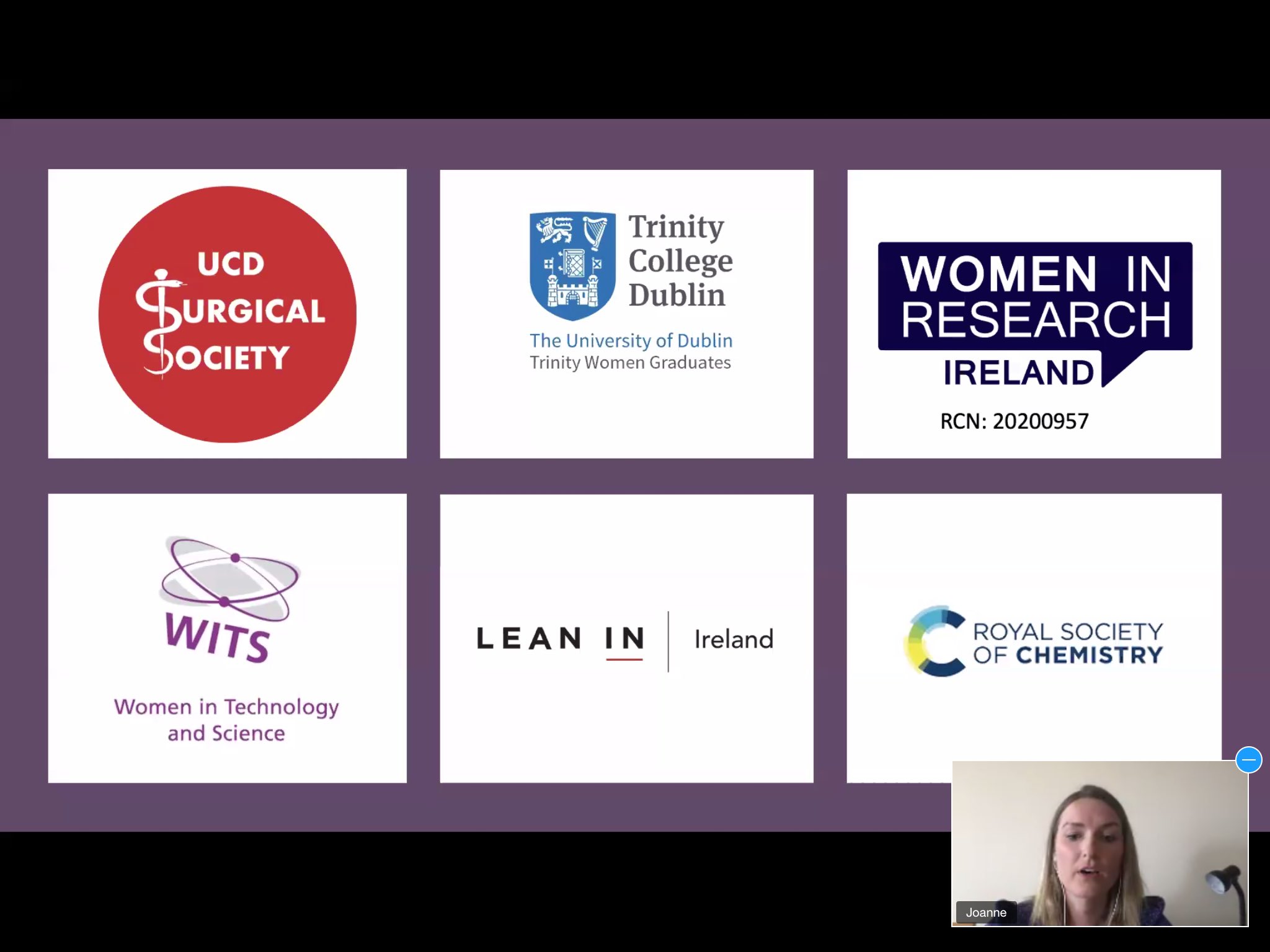I just attended an online event called “Racism in Science and Society”. It involved an hour-long interview with Angela Saini, and it was supported by six or so organizations in Ireland, including Women in Research Ireland (WiRI) which a colleague of mine from the Marie Curie Alumni Association, Dr. Susan Fetics, helped establish. Susan was one of the moderators today.

I’ve read half of Siani’s book “Superior: The Return of Race Science” and have heard her speak in the past about this book as well and her prior book, “Inferior: How Science Got Women Wrong“. I’ve heard Saini speak twice in person at UCL and 2 or 3 times now online.

Interestingly, Saini has two different master’s degrees, the first in Engineering from the University of Oxford and a second in Science and Security from the Department of War Studies at King’s College London. Since I research engineering education and I also taught at a Historically Black College/University in the States for 15 years, I follow her work closely. Simply put: it’s close to my heart.
In this blog, I share content from Tweets I posted during the event. I’m sharing this because the event wasn’t recorded, so I wanted a way for others to learn about the topic and what went on today.
The event was well-organized and they sent helpful reminders. The hosts of this online event even provided a sign language interpreter. I wondered: if this method was more effective than auto-captioning?

Siani said medicine is keeping race science alive today, more than any other area. Medicine perpetuates the belief in genetic differences that don’t exist. Genetics is the last place to look, she insists, it’s best to look first at social and cultural factors.
Histories of oppression have led to differences in health outcomes, not underlying genetics.
But, even now during Covid, people jump straight to the racial myths, Saini says.
Saini says some of the most promising work to rectify racial myths in medicine is happening in the USA, as there is the recognition that racism is still occurring. There’s more happening in the USA than in Britain and elsewhere in the world, she believes, as in the UK (where she lives and grew up) there is clear reluctance to accept how pervasive racism is.
Incidentally, Saini is of Indian heritage and grew up classified as black in the UK, I learned from her book. This helped me understand why a UK-based collegiate of mine calls herself black, whereas she’d probably use a different term if she were of Indian heritage and living in the USA.
These ideas about race are steeped into us from a very young age. It’s all about power, she says. The dominant group frames their dominance as if they have some innate… superiority.
Saini left Twitter earlier this year due to experiencing abuse, which explains why I couldn’t locate her to tag her. Those with extreme views try to engage journalists and scientists via social media, and suck them dry. They and the algorithms they use are clever; often they have few followers but they cause frustration because they aren’t going to change their opinions but they demand ongoing conversation, they dish out abuse, and they drain energy that can go to something more productive.
Of course, for those without other outlets (Saini is a very well-known journalist in Britain), social media does give us a voice, she acknowledges.
I, for one, miss having her on Twitter.
She helped found “Race and Health” @raceandhealth, a group that looks at issues identified above.
Saini says she wrote “Superior” to get things straight in her head. She hopes readers share in some of this clarity she found by writing it.
She spoke about being surprised things have changed so fast right following the death of George Floyd, such as the re-naming of lecture halls and theaters.
I, myself, have seen Floyd’s murder as a tipping point. I’d been expecting things to boil over in the US–I envisioned another summer of 1968 as the only way that an adequate level of change would happen. Things just weren’t improving fast enough. It was one of the frustrations that caused me to leave the USA and move to Europe. I am glad to finally see change, but I am sad that it’s going to be painful to acknowledge the past and heal.
Recently, UCL announced, via campus-wide email I received, that it is changing names of a building and a lecture hall. Eugenics and race-science had a home at UCL, and the university is seeking to right some wrongs.
Saini says that universities need better systems of accountability; the balance of power in universities is still out of whack. Accountability has to come from the top. Groups like the ones hosting this session today need to work together to lobby universities for better accountability, she says.

She ended by saying that our societies need to change through education and by teaching empathy from a young age.
I was glad to hear Saini say this, as my colleague, Dr. Carlos Mora, and I are working to study empathy in engineering education. And in a similar vein, I’m working to create a special focus issue on empathy in engineering practice and education to be released next spring.